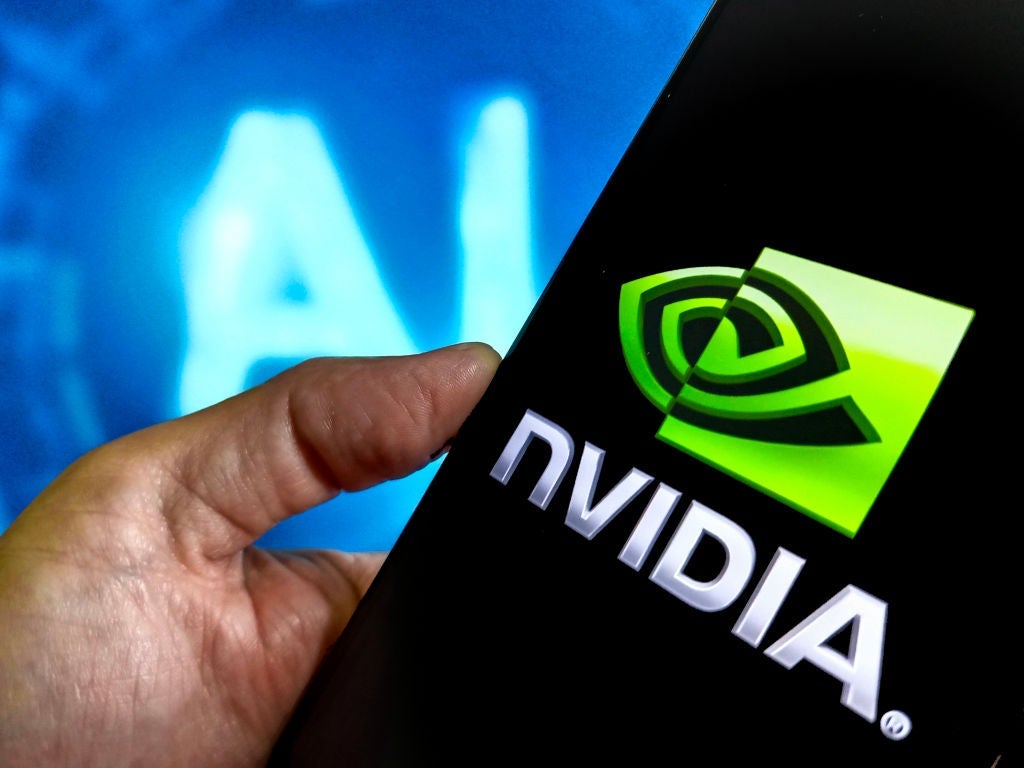
In a conversation with EU Commissioner Thierry Breton on Friday 23 June, Nvidia CEO Jensen Huang confirmed that the California-based chipmaker plans to start investing in Europe.
Huang said: “Commissioner Breton had a wonderful idea that Nvidia should invest a great deal more in Europe, and Europe is going to be a wonderful place to build a future for Nvidia.

Access deeper industry intelligence
Experience unmatched clarity with a single platform that combines unique data, AI, and human expertise.
“I would say [investment in Europe] is extremely likely, and the reason for that is Nvidia would like to be a global international company.”
The meeting between Huang and Breton at Nvidia’s Santa Clara headquarters comes amid an increasing European appetite for advanced microchip foreign direct investment (FDI), as the bloc seeks to shore up its semiconductor supply chains.
On 18 April 2023, lawmakers reached an agreement on the European Chips Act, which is designed to reinforce the EU’s semiconductor ecosystem via “a more investor-friendly framework for establishing manufacturing facilities in Europe”, “investments in next-generation technologies”, and measures to address microelectronics skill shortages. The aim is to double the bloc’s share of global chip output from 10% to 20% by 2030.
As part of the Chips Act, the EU agreed to a €43bn ($47bn) subsidy package to boost its chip industry, and in June, the act triggered a further €22bn in funding to support microelectronics and communication technologies across the European semiconductor supply chain.

US Tariffs are shifting - will you react or anticipate?
Don’t let policy changes catch you off guard. Stay proactive with real-time data and expert analysis.
By GlobalDataOn 19 June, after negotiating a subsidy package valued at around €10bn, Intel signed a deal with the German Government that will see the US company spend more than €30bn to build a chip manufacturing site in the eastern city of Magdeburg. Three days prior, Intel announced a €4.2bn investment in Wrocław, Poland, which Mateusz Morawiecki, the country’s prime minister, called “the largest greenfield investment in the history of Poland”.
Nvidia has a more limited FDI footprint, with most of its foreign investments ploughed into its Israel operations following its 2019 acquisition of Israeli chip designer Mellanox Technologies. Indeed, the company reveals in its financial statements that it pays rock-bottom tax rates in its home country, with an income tax expense of $189m for 2022 against a revenue of $26.91bn. This is largely due to federal tax benefits that the company receives for attracting significant FDI into the US tech market.







